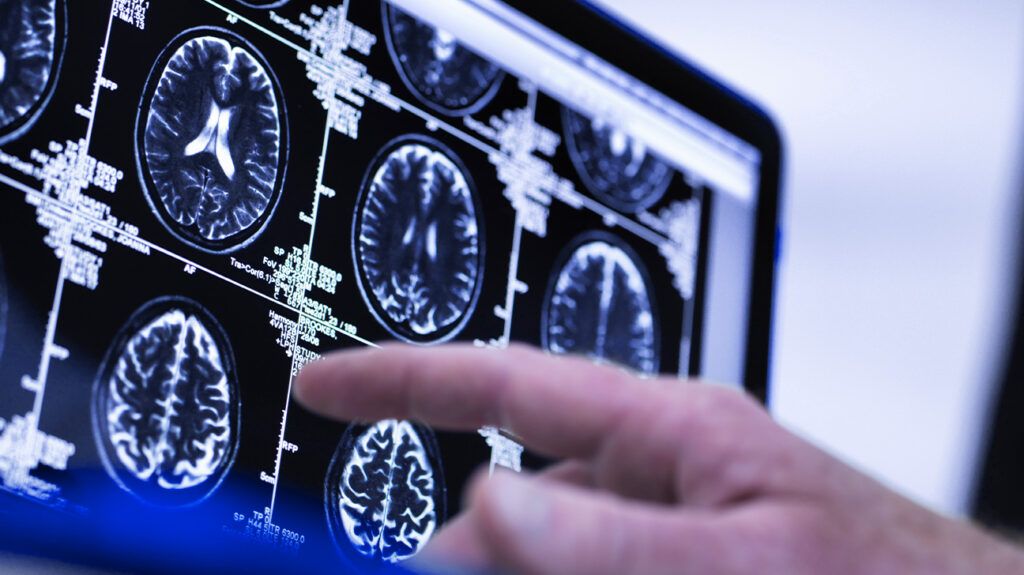Single Brain Scan Could Predict Risk of Age-Related Conditions Like Dementia

A new MRI-based biomarker, DunedinPACNI, developed by researchers, can predict individual aging rates from a single brain scan at midlife, enabling early intervention for age-related diseases like dementia.
Could a single brain scan predict the risk of age-related conditions like dementia?
An innovative MRI-based biomarker called DunedinPACNI has been developed by researchers from Duke, Harvard, and the University of Otago, which can predict how quickly an individual ages based on a single brain scan performed around age 45. This method not only estimates brain age but also correlates with systemic health and cognitive decline, potentially serving as a non-invasive indicator of overall biological aging.
Scientists found that higher DunedinPACNI scores align with indicators of rapid aging, such as poorer physical and cognitive health, and older physical appearance. The biomarker has shown promising results in validation across large datasets like the UK Biobank and ADNI, outperforming traditional MRI measures such as hippocampal volume. However, further validation across diverse populations is necessary.
This breakthrough offers the possibility of early detection of accelerated aging, enabling timely lifestyle interventions to delay or prevent age-related diseases like dementia. Experts believe that understanding one’s biological age through such scans can motivate proactive health measures, potentially improving longevity and quality of life.
While still in the research phase, DunedinPACNI represents a significant step toward integrating neuroimaging into personalized aging and health management strategies.
"This tool could be a game-changer in early aging detection, helping individuals and clinicians take proactive steps to improve health outcomes." – Expert opinion
Stay Updated with Mia's Feed
Get the latest health & wellness insights delivered straight to your inbox.
Related Articles
How CAR-T Cell Therapy Is Transforming Cancer Treatment
Discover how CAR-T cell therapy is transforming cancer treatment by harnessing genetically engineered immune cells to target and destroy tumors with unprecedented precision and strength.
New Study Finds Mediterranean and Keto Diets Effectively Lower Blood Pressure and Promote Weight Loss
Discover how recent research shows both Mediterranean and keto diets can effectively lower blood pressure and promote weight loss, offering personalized options for cardiovascular health management.



